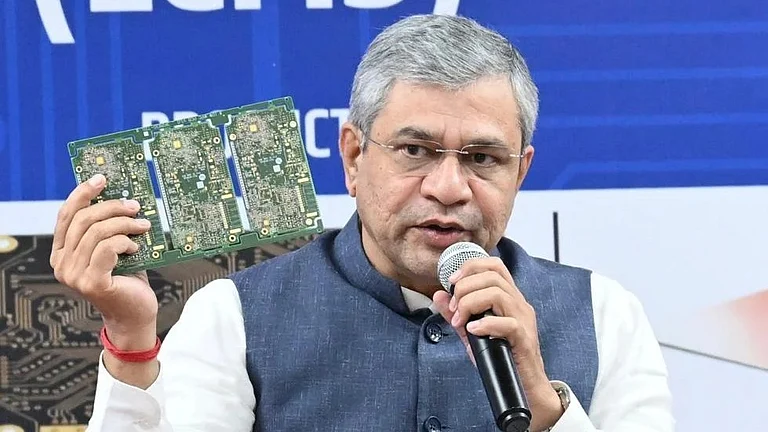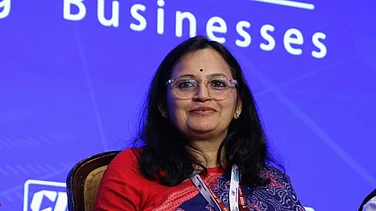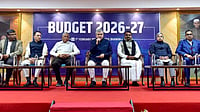India's manufacturing goal now is to move from import substitution to export-driven growth, Union Minister Ashwini Vaishnaw said in Davos on January 23, signalling an important policy shift for the world's fifth largest economy.
With this statement, the Union Minister indicated that while the earlier government emphasised an import substitution policy aimed at reducing reliance on foreign goods and protecting domestic industries, the focus has now shifted to enabling domestic producers to cater to the global market as well.
The manufacturing sector is indeed a pillar of the Indian economy and also functions as a catalyst for overall growth. In June 2024, the Index of Industrial Production (IIP) indicated a year-on-year growth of 4.2%, with the manufacturing sector specifically growing by 2.6 per cent.
Among all the other key steps, the current Indian government has implemented an unified tax system in the form of GST (Goods & Service Tax) which helped to reduce trade barriers and facilitated ease of doing business. In addition, India has also enacted WTO’s TFA (Trade Facilitation Agreement to increase transparency and simplify documentation.
In order to mitigate the global trade complexities, the government is actively engaged in trade partnership in the form of FTA (Free Trade Agreement) with a number of countries that further enhanced market access and streamlined trade processes.
Along with freeing up space for global partnership, ‘Atmanirbhar Bharat’ is one of the initiatives to strengthen domestic producers to enter into the global market. The liberalised policies and reforms are indeed having a significant positive impact on India's manufacturing industry.
According to data stated by IBEF (India Brand Equity Foundation), India's manufacturing sector is poised to reach US$ 1 trillion by 2025-26, led by Gujarat, Maharashtra, and Tamil Nadu, fueled by investments in automobile, electronics, and textile industries.
“In the case of mobile manufacturing we have a saturated domestic demand because 99% of mobile phones that we use in our country are today manufactured in India. From here growth strategy has to change”, highlighted the Union Minister.
Approach of converging the manufacturing sector with technology which is also referred to as ‘Industry 4.0’ by the Indian government is truly revolutionising the pace of the Indian economy.
India's manufacturing industry is a vital source of employment, and job creation is essential to addressing many of the country's socio-economic challenges. As India possesses an objective to become one of the top three economies in the world, it is necessary to foster global collaborations and unbound trade barriers.































